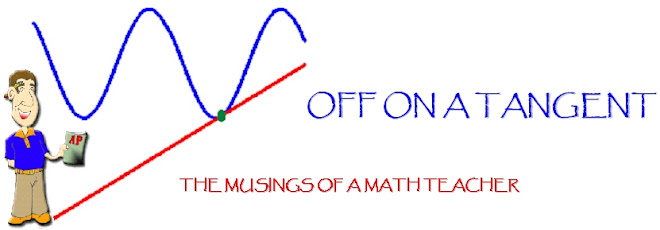 When people can't sleep, they'll do all sorts of things,
When people can't sleep, they'll do all sorts of things,from counting sheep to tossing on springs.
The cure for insomnia is a routine that works.
It may involve dancing, or singing, or various quirks.
For me it's imagining I'm in a game,
on a mound with a ball. On my back is my name.
There's a guy at the plate with a thick piece of Ash,
And with it he hopes, the ball he will bash.
I throw a first pitch coming straight down the pike,
It flies past the batter for a called first strike.
Ahead in the count, I'll catch him off guard,
I'll wind up really big, but won't throw that hard.
The change-up caused a swing ahead of the ball.
It pulled left of third, into the stands for a foul call.
Ahead 0 and 2, I can mess with him a little,
maybe throw him a curve or a ball with some spittle.
Towards home, the ball curves with a twist of the wrist.
The batter stands still. The strike zone is missed.
A good eye on the batter. The ball was a bit wide.
It was a near perfect pitch that just missed outside.
On a 1-2 pitch, a strike can wait.
I don't have to throw something over the plate.
I can slide it away and make him chase it a bit
so he'll swing and miss and won't get a hit.
So that's what I throw, but he doesn't take the bait.
I wish I had that one back, but now it's too late.
2 balls and 2 strikes, the count is all even.
Just one more strike, and from the plate he'll be leavin'.
He'll be defending the plate on this very next throw,
so I'll try to put the ball inside and low.
My forkball is heading right where I want it.
The batter lays off as it enters the mit.
The ball was right there, it should be strike three,
but the ump doesn't see it quite as I see.
And there's no use in entering an objection or plea.
The ump wouldn't listen to a player like me.
So I live with the fact that the count is all full,
and that the umpire's eyes are covered with wool.
The very next pitch is the one for the money.
If the batter strikes out, he won't think that it's funny.
I figure the heater's the best way to end it,
and allow the poor batter to go have a sit.
So I go through my windup and lift my leg high,
and say to myself, "Adios batter. Bye, Bye!"
As the ball rifles home, the batter starts to cock.
I can tell from his stance, he's not chancing a walk.
He swings at the ball with all of his might,
and soon the ball is clear out of sight.
Back behind home plate and into the stands,
In some fan's popcorn, the ball finally lands.
The batter's still alive with his spell of good luck,
and the fans are getting more bang for their buck.
But I have no intention of this lasting much longer,
as my will for a K grows stronger and stronger.
One final pitch is all it should take,
for the chance for this stalemate to finally break.
A final fast ball in the perfect location,
with an exaggerated wind-up to break his concentration.
I'll throw it a hundred so he won't have a chance.
He'd be stuck in his boots in his 3-2 stance.
So I fire the ball to the plate on a bead,
and as it approaches, it picks up more speed.
This last pitch will end this, there is no doubt,
But just before he swings for strike three . . . .I'm out.
zzzzzzzzzzzzzzzzzzzzzzzzzzzzzzz





















